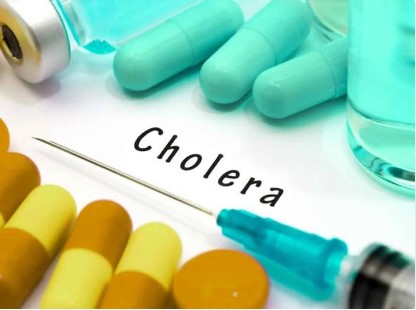
The recent cholera outbreak in Nigeria has claimed 40 lives, with the Nigeria Centre for Disease Control (NCDC) attributing the high mortality rate to a shortage of cholera vaccines. Despite placing an order for more vaccines from donor agencies, the delivery date remains uncertain. The NCDC has emphasized the need for a combination of preventive measures, including vaccines, personal hygiene, and environmental sanitation, to curb the spread of the disease.
According to the NCDC, cholera has claimed 4,364 lives out of 139,730 suspected cases in the last four years, with the latest outbreak affecting 10 states, including Bayelsa, Zamfara, Abia, Cross River, Bauchi, Delta, Katsina, Imo, Nasarawa, and Lagos. The Lagos State Ministry of Health has recorded 417 suspected cases, 35 confirmed cases, and 24 deaths, while Ogun State has reported one death and 14 cases.
The NCDC has attributed the high incidence rate to poor sanitation, personal and environmental hygiene, and lack of access to clean water. Public health experts have urged Nigerians to consider taking the cholera vaccine as a preventive measure, noting that it can provide cover against the acute diarrheal disease. However, the vaccine is not routinely available in Nigeria, and efforts to stockpile it have been hindered by expiry dates and improved hygiene practices.
In response to the outbreak, the Nigerian Correctional Service has intensified its efforts to prevent a cholera outbreak across its facilities, while the Lagos State Government has traced the latest cholera outbreak in the state to an unregistered tiger nut drink.
